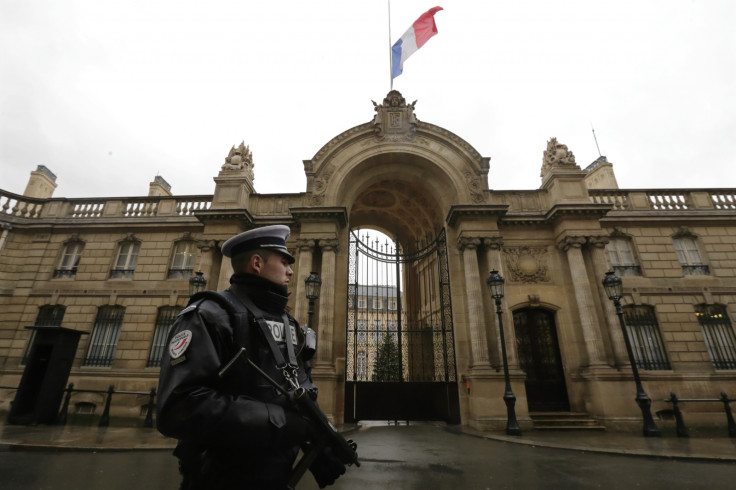Vigipirate: Why France needs a back-up plan for its anti-terror security forces

France's government is left scratching its head after military officials have called for an adaptation of the country's security alert programme, the Vigipirate plan.
With its plan remaining at the highest level ever, France's government is facing a difficult challenge: it is struggling to maintain the number of its army troops deployed under Vigipirate.
Following the attacks in January, Prime Minister Manuel Valls heightened the country's security alert programme to its highest possible level in Ile- de-France and raised security measures throughout the entire territory.
In less than seven days, the military engaged in the protection of the territory and citizens swelled from 2,000 to 10,000 in the aftermath of the attacks on Charlie Hebdo on 7 January.
It is the first time they have happened simultaneously as many soldiers in the country and abroad.
While France says it has no intention to reduce the number of troops on the ground, the government recognised this mechanism had implications for both training and military permissions of the soldiers.
And this substantial human investment – tenfold compared with the usual Vigipirate plan – could well continue in the coming months and even years to come.
Earlier in 2014, the Defense Ministry was still unsure about how long it could maintain the heightened Vigipirate plan, which remains at its highest possible level.
"At this point, we do not know. This is the first time the mechanism is activated. It is exceptional and is not intended to last forever," a member of the Department of Defense told Le Figaro.
"Every day, the security commitments required from different services are revalued, as well as the contribution that the defence brings to the internal security forces."
Replacing troops
But the government is rolling out a series of measures to alleviate the burden carried by the army.
The 10,000 troops, which have been mobilised since January and have not had a day off since, are being replaced for the first time by "fresh troops".
The migration process started on 12 February and is expected to continue until 15 February.
Another measure to lift some of the burden carried by the army will involve replacing static guards by mobile patrols, as the army says its troops are facing increasing levels of threats.
In light of this, the army has recently rented 300 vehicles.
Since the beginning of the operation in January, the army has identified 371 incidents against its troops – of which 14 were serious assaults that included "either a knife, laser or rifle butt", according to the Defense Ministry.
Recently, a man tried to snatch the rifle of a military patrol at the Trocadero in Paris before being immobilised.
On 20 January, President Francois Hollande also announced 7,500 jobs (including 1,500 this year) that were to be scrapped within the army between 2015 and 2019 would be saved.
Talks are under way between the military, the prefects and representatives of the Jewish community to reorganise the Vigipirate monitoring, point by point.
© Copyright IBTimes 2025. All rights reserved.






















